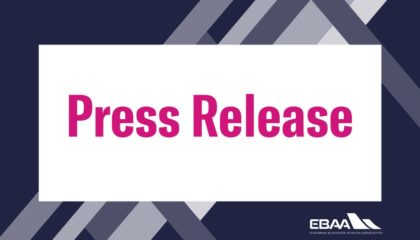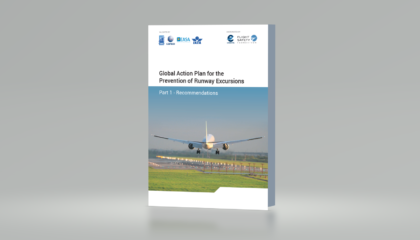
Pilot licensing: How global cooperation can help to ease pilots’ life
Global cooperation among regulatory authorities on policy frameworks, standards and certification processes is of key importance to aviation which is, by nature, a cross-border business. Council Decision (EU) 2020/1697 covers licensing and flight simulation training devices into the scope of the mutual recognition processes about safety oversight.
The COUNCIL DECISION (EU) 2020/1697 of 12 October 2020 – endorsing the EU – US bilateral agreements on safety oversight – demonstrates the added-value of the close EASA-FAA working arrangements. The Council Decision enables a pilot to convert their FAA-issued license into an EASA one and vice-versa, in a simple manner.
However, the scope of the Bilateral Agreement on Pilot Licensing only includes the conversion of private pilot licence for aeroplanes (PPL(A)), night rating, single-engine piston (SEP) and multi-engine piston (MEP) class ratings, and instrument rating. More complex licence types (CPL, MPL, ATPL) may be converted through the Bilateral Agreement into a PPL issued by the counterpart authority.
Making things simpler
While conversion is not automatic and must be processed as per the Pilot Licensing Annex to the Decision and as per Technical implementation Procedures-licensing , it simplifies the pilots’ life. The agreement will be applicable as of May, 18th 2021.
In practice, the holder of an FAA-issued license can apply to any EU27 competent authority for the issue of a Part-FCL PPL(A) and associated class rating/instrument rating, based on either;
- Holding an FAA licence and being currently resident in a EU27 member state; or
- a recently (still within the validity of the initial issue) obtained FAA licence and associated ratings.
In case the pilot does not fall under the scope of the bilateral agreement or in case they wish to convert the licence before May 2021, they can refer to the (EU) delegated regulation 2020/723 on the acceptance of third-country certification of pilots. The conversion process may vary depending on the licence and rating, but pilots will not be required to undergo the entire training and examination process again.
EBAA sees this initiative as a success story of global harmonisation and welcomes the reiteration of such steps in other areas where the common ground needs to be reached, such as avionic standards and R&D.





